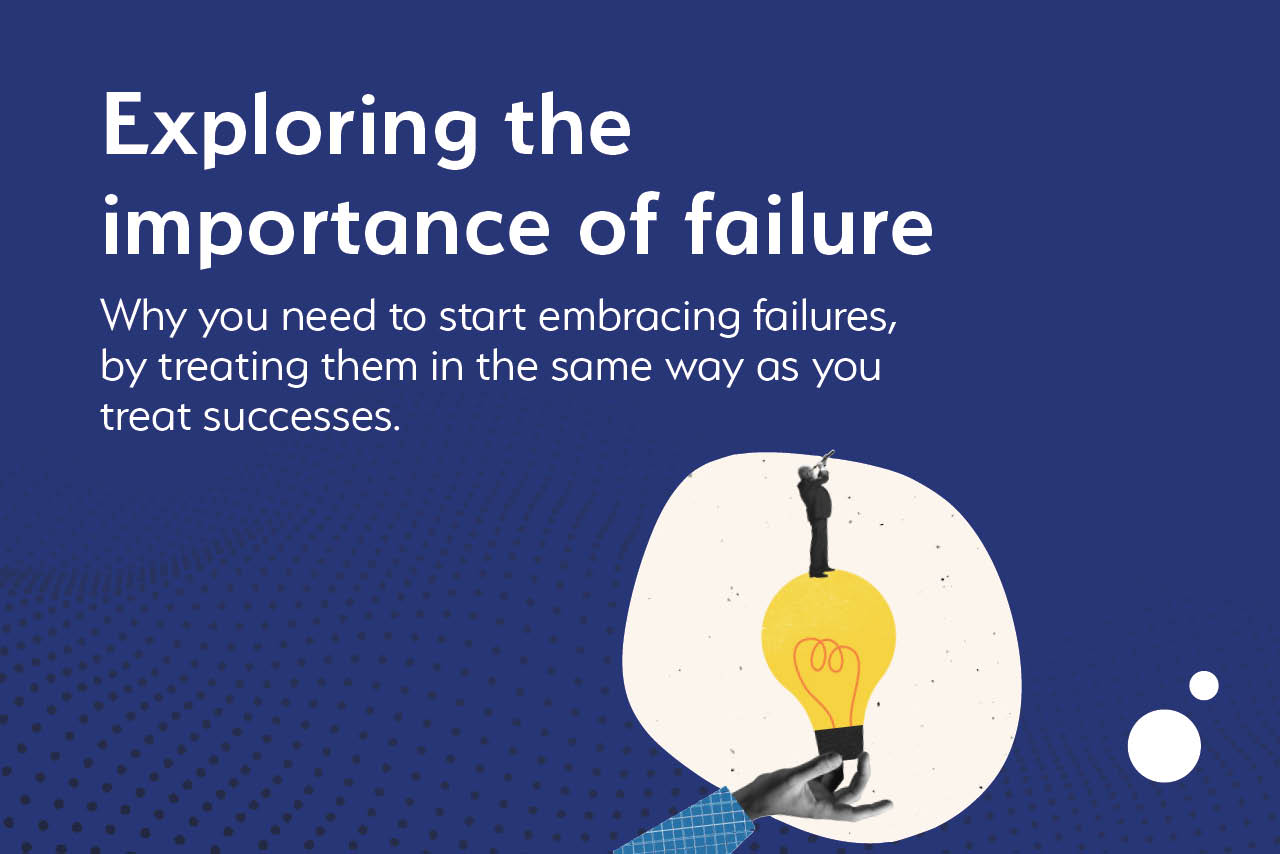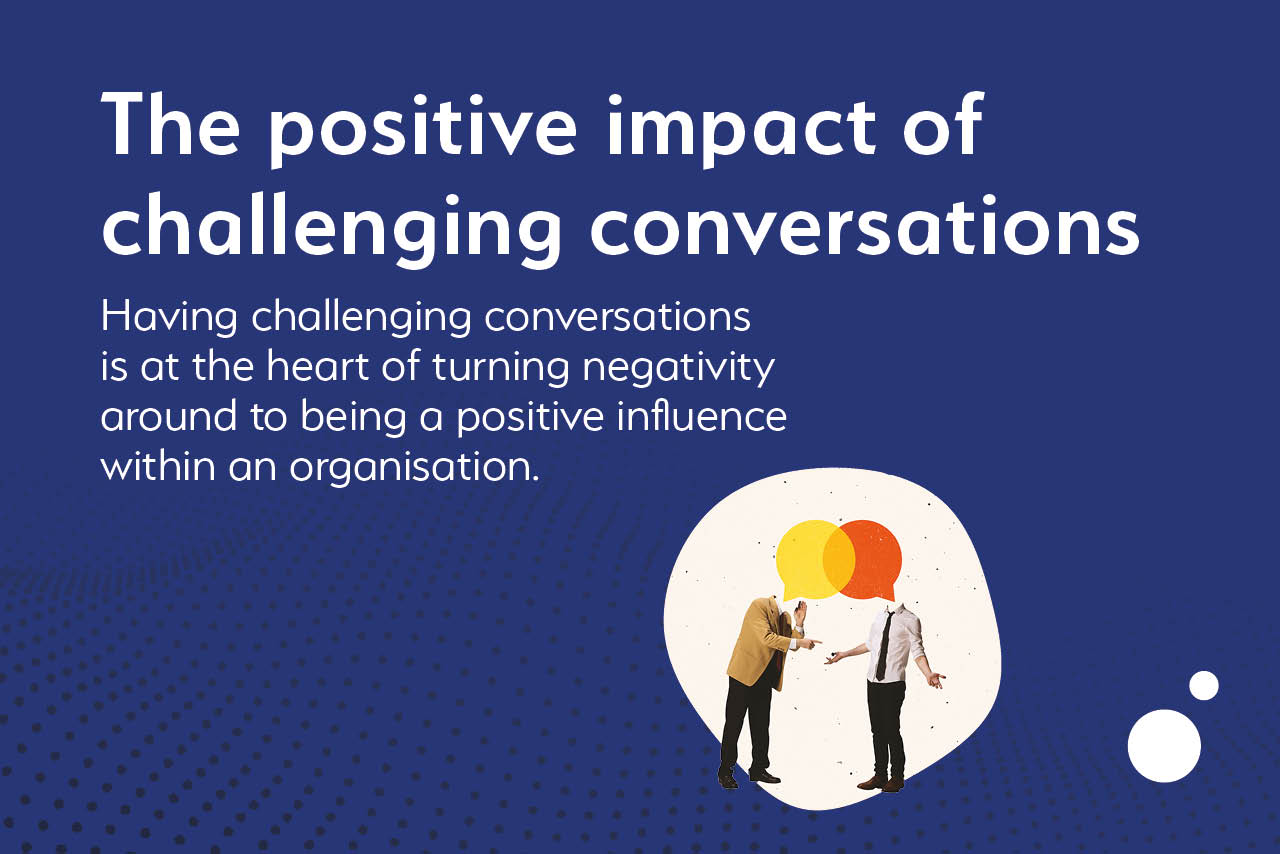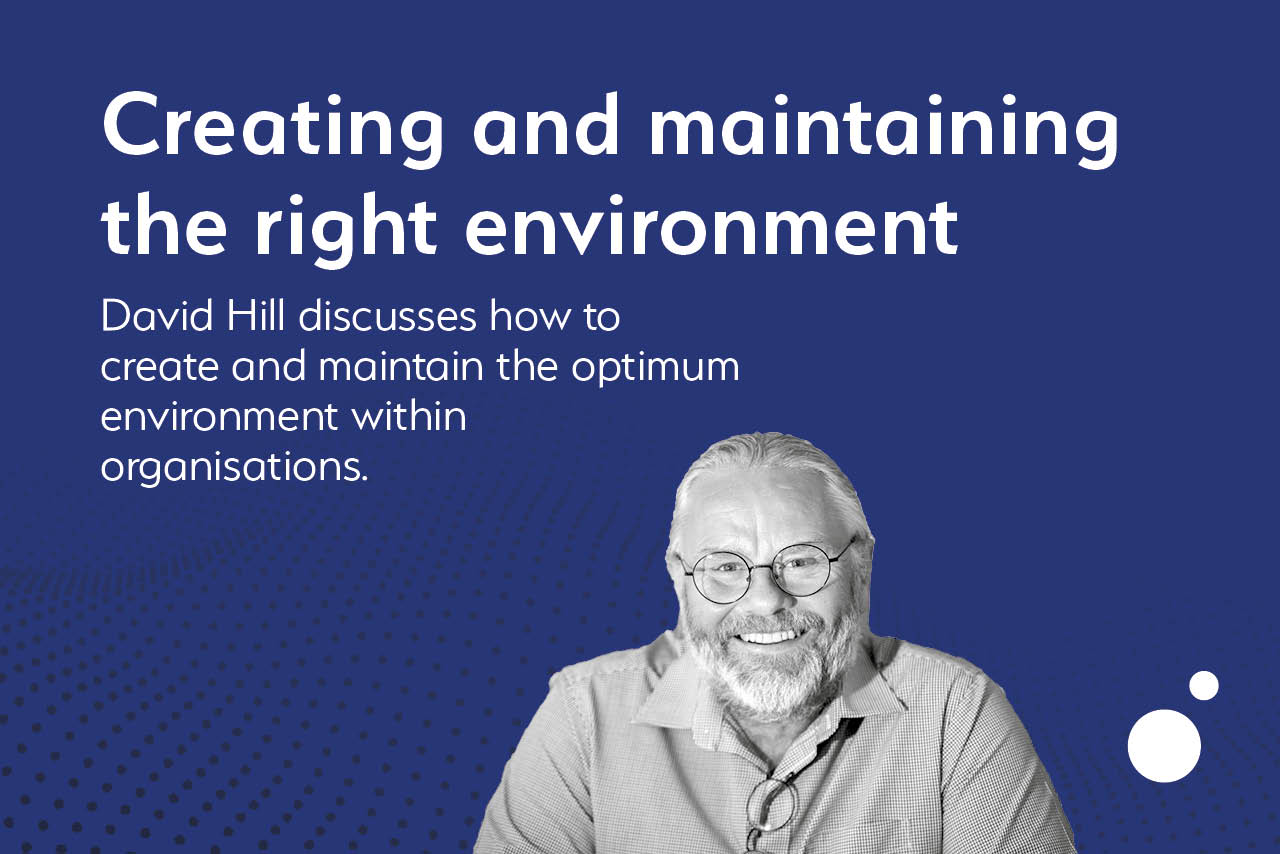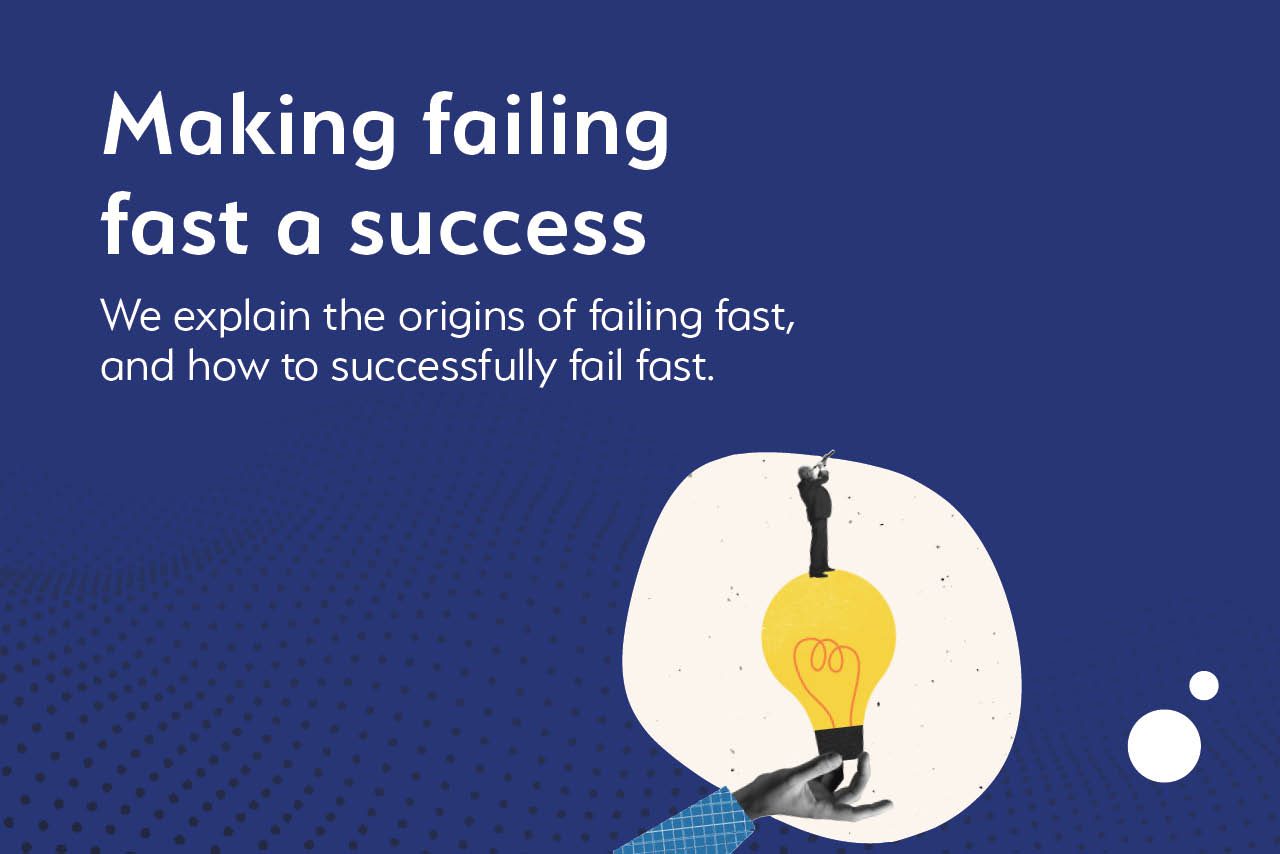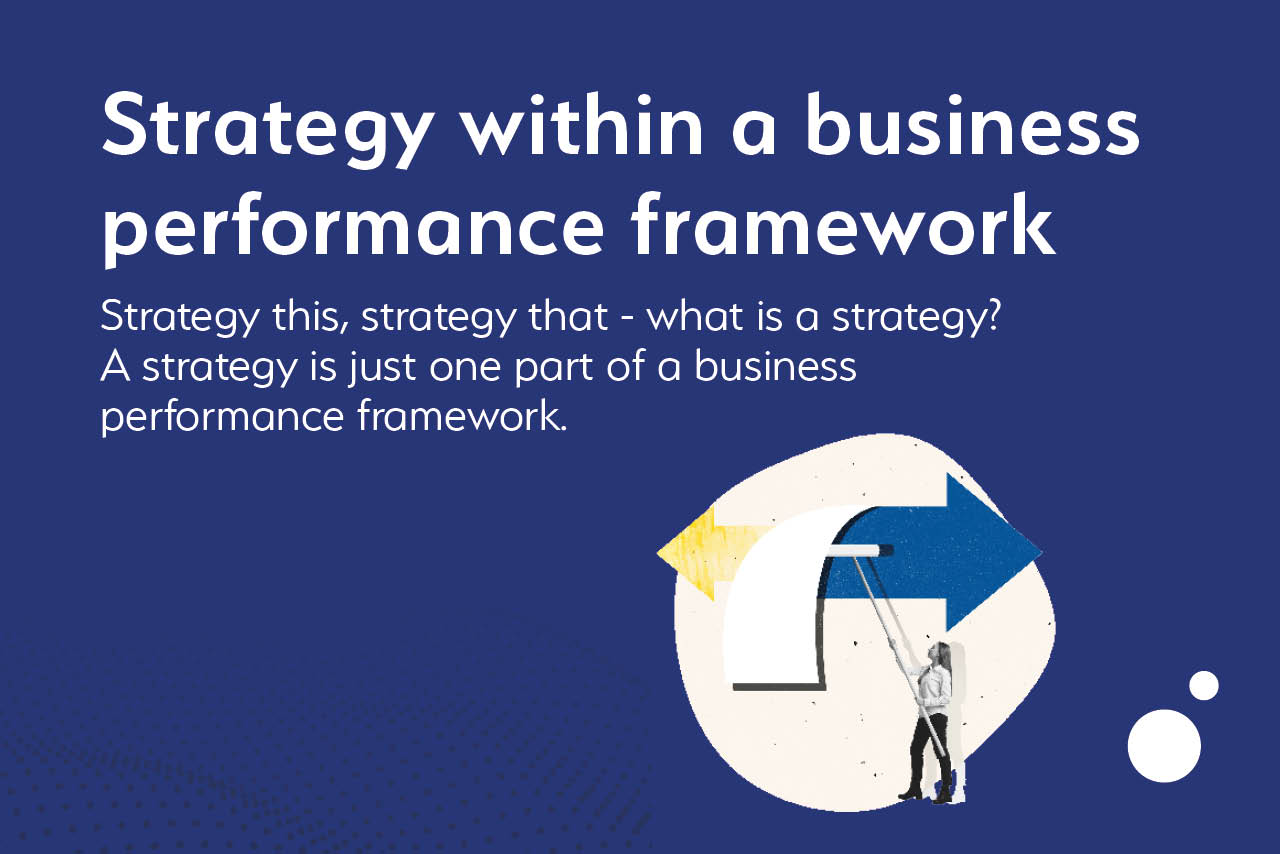The importance of failure
By Steve Walsh, Head of Jumping
Here’s my unpopular opinion: Failures are more important to organisations than successes.
Bill Gates once said: “Success is a lousy teacher,” and he’s right. Success brings few lessons. Failure brings many.
The great irony, however, is that people hate failure so much, and find it so painful, that they typically run away from it.
If you don’t properly analyse failures and break them down, you lose all the learnings they provide – essentially leaving success up to chance.
Let’s explore the importance of failure and how you need to start embracing it.
The profound effect of failure
How do you feel when you fail?
Picture a time where you failed, big time. How do you feel mentally? Physically? What have your thoughts turned to?
I was in a meeting recently where someone – jovially! – referred to some of my failures over a decade ago.
My face went red, I became embarrassed…. my whole persona changed.
And this was something that occurred over 10 years ago and has no effect on my present life. Yet still, going back to it hurt a bit.
This is a typical reaction.
Rightly or wrongly, we take failures personally. We link them to our identity, so it’s only natural that our typical reaction is to distance ourselves.
Yet this is exactly what stops us being able to prevent them from happening.
Approximately two thirds of people operate from a psychological perspective of the socialised mind, meaning they base their value on what others think of them.
For many of us therefore, failing risks our reputation amongst our peers. We’re seriously invested in not looking like we’ve failed.
Facing up to failure
Sports psychology research has shown that typically, athletes react to failure in two distinct categories:
- Some treat failure as proof that they are not good enough, meaning failure is catastrophic.
- Others, however, use failure as motivation and feedback to improve.
These reactions are grounded in a difference in mindset, of what psychologists call either:
- A fixed mindset; the belief that we have an ability or skill level that we can’t improve
- A growth mindset; the belief that we can learn and develop over time
To positively respond to failure, we need to adopt a growth mindset, making failure less catastrophic and using it as part of a journey to improvement.
The (thin) line between success and failure
In my opinion, linked to these concepts is the approach of working in absolutes; that situations and projects are either successes or failures.
By determining success and failure as either/or, we try to simplify the complex.
Success and failure isn’t that simple – it happens on a scale. It is rare that a project is a 100% success, just like it is rare that a project is a 0% failure.
This is where embracing failure really comes in to its own – if you can acknowledge that even during successes there are failures to learn from, you can begin to truly break down successes and learn from the intricacies within them, making success less of a lousy teacher.
The key to embracing failure
This is all very well – but how exactly do we embrace failure? For me, the answer is simple: treat successes and failures in the same way.
By that I mean continuously conduct in-depth, objective debriefs at the end of projects to dissect what went well, what didn’t, and what you might like to do differently next time.
This approach helps to make people comfortable with the debrief process, and less scared by what it might reveal.
By making this kind of retrospective part of regular analysis, rather than an ‘investigation’ when something goes wrong, we become familiar with the process and an advocate for the advantages it brings.
We’re also able to start doing more of the things which bring success, rather than just less of the things which lead to failure.
This is how you create a growth culture within teams and organisations, by creating a determination to learn from everything, and leave nothing to chance.
If success is a lousy teacher, then failure is the ultimate professor. You just have to be in the right mindset to learn its lessons.
